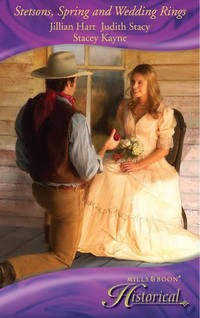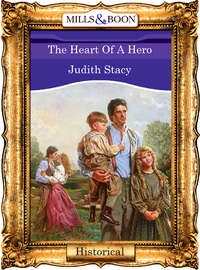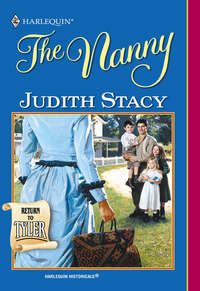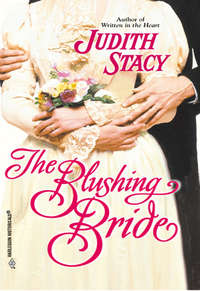Cheyenne Wife

Полная версия
Cheyenne Wife
Жанр: исторические любовные романыисторическая литературасовременная зарубежная литературасерьезное чтениеоб истории серьезно
Язык: Английский
Год издания: 2019
Добавлена:
Настройки чтения
Размер шрифта
Высота строк
Поля
Конец ознакомительного фрагмента
Купить и скачать всю книгу







